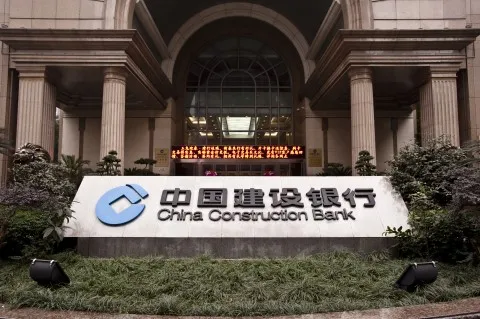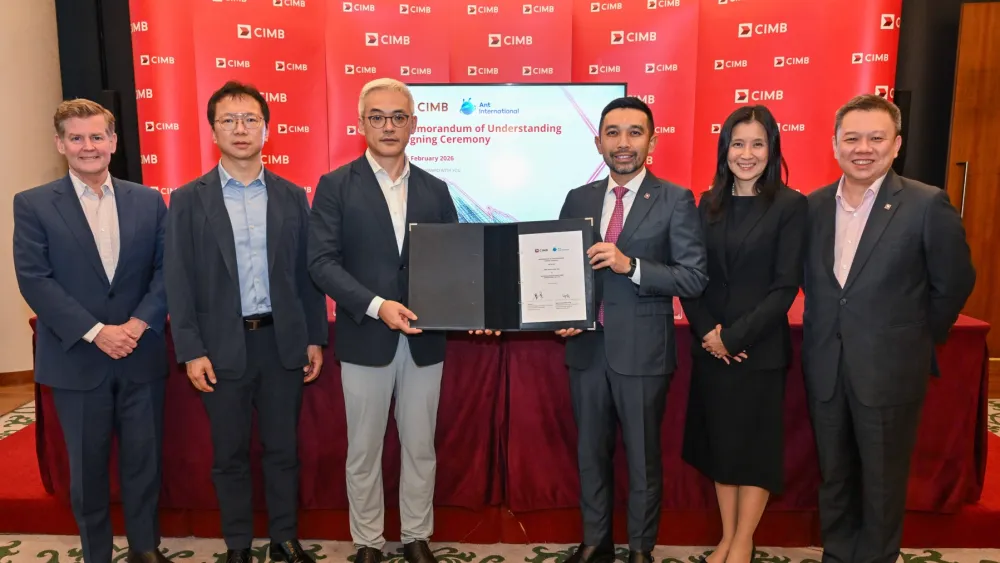
New reporting standards to aid China's shadow banking crackdown
IFRS 9 will support Beijing’s bid to curb credit growth and balance sheet consolidation.
The adoption of the International Financing Reporting Standards 9 (IFRS 9) is poised to provide support to Beijing’s widespread deleveraging campaign to reduce systemic risk in the financial services industry, according to credit rating agency S&P.
IFRS 9, raises provisioning through the introduction of an “expected credit loss” impairment model as opposed to the previous IAS 39 “incurred loss’ impairment model. Under the new reporting standard, banks are required to recognize a credit loss allowance that represents 12 months of ECL for all performing loans and for significantly underperforming and nonperforming loans, an allowance based on an estimate of lifetime ECL.
“In China, in contrast, we expect IFRS 9 to contribute to financial stability, as it is likely to support the de-risking policy that is currently underway to constrain credit growth and trigger balance sheet consolidation,” S&P forecasted. "The sector is currently under a de-risk policy-setting, which has not only constrained credit growth but also triggered significant balance sheet consolidation featured by downsized interbank business, stagnated issuance of wealth management products (WMP), and massive capital raising initiatives. The adoption of IFRS 9 would contribute to the current de-risking trend."
Also read: Which APAC banks need to brace for IFRS 9 impact?
However, implementing the new reporting standards may face some headway as China ranks amongst regional economies alongside India and Thailand with a lack of long-run historical data, less sophisticated management systems and limited technical expertise which could bog down the quality of estimating and reporting of provisions.
“In China, we expect that the regulatory capital impact for Chinese mega banks (Industrial and Commercial Bank of China, Bank of China, China Construction Bank, Agricultural Bank of China, and Bank of Communications) would be limited and more meaningful for smaller players mainly due to the smaller players' proportionally higher exposures to nonloan credit assets like investment receivables,” the credit rating agency added.
Here's more from S&P:
We are of the view that Chinese banks' adoption of IFRS 9 is unlikely to result in any significant increase in provisioning levels, while the negative impact on retained earnings should also be immaterial. In general, the China Banking Regulatory Commission's long-established counter-cyclical loan loss reserving requirement has pushed up the sector-wide loan loss reserve coverage ratio to 181.4% as of end-2017, which will serve as a cushion for any adverse financial impact from IFRS 9. Judging from official statements from a few Hong Kong-listed Chinese banks on this matter, we expect the one-off impact on provisions to be within 10% in 2018. The impact is likely to be somewhat greater for domestic-only listed banks and unlisted banks because they tend to have proportionally much higher exposures to loan-like assets for which they thinly provisioned.
We consider that the regulatory capital impact for Chinese mega banks would be limited and more meaningful for smaller players mainly due to the latter's proportionally higher exposures to nonloan credit assets like investment receivables. As noted earlier, the substantial countercyclical reserves and sizable retained profits in place, together with continued capital raising exercises, should offset the capital impact. We expect regulatory capital strain to persist in 2018, but that is mainly due to policy initiatives on shadow banking that have led to strong bank loan growth and hence an increase in the growth of banks' regulatory risk-weighted assets.
IFRS 9 categorizes financial instruments into three categories instead of four under IAS 39 and sets out conditions for using amortized costs. This could inflict temporary pain on many small Chinese banks that still have sizable investment receivables that may not meet the standards to be treated as amortized costs if such assets have structured features and could be difficult to value as the underlying assets may be illiquid.



















 Advertise
Advertise













